AmpliFi HD vs Google WiFi: Which mesh router should you buy?
At Windows Central, we see a ton of great new networking gear. When we saw these new mesh routers from AmpliFi and Google we poured over every detail and compared them from every angle. If you are to get started on your very own mesh network, we can help.
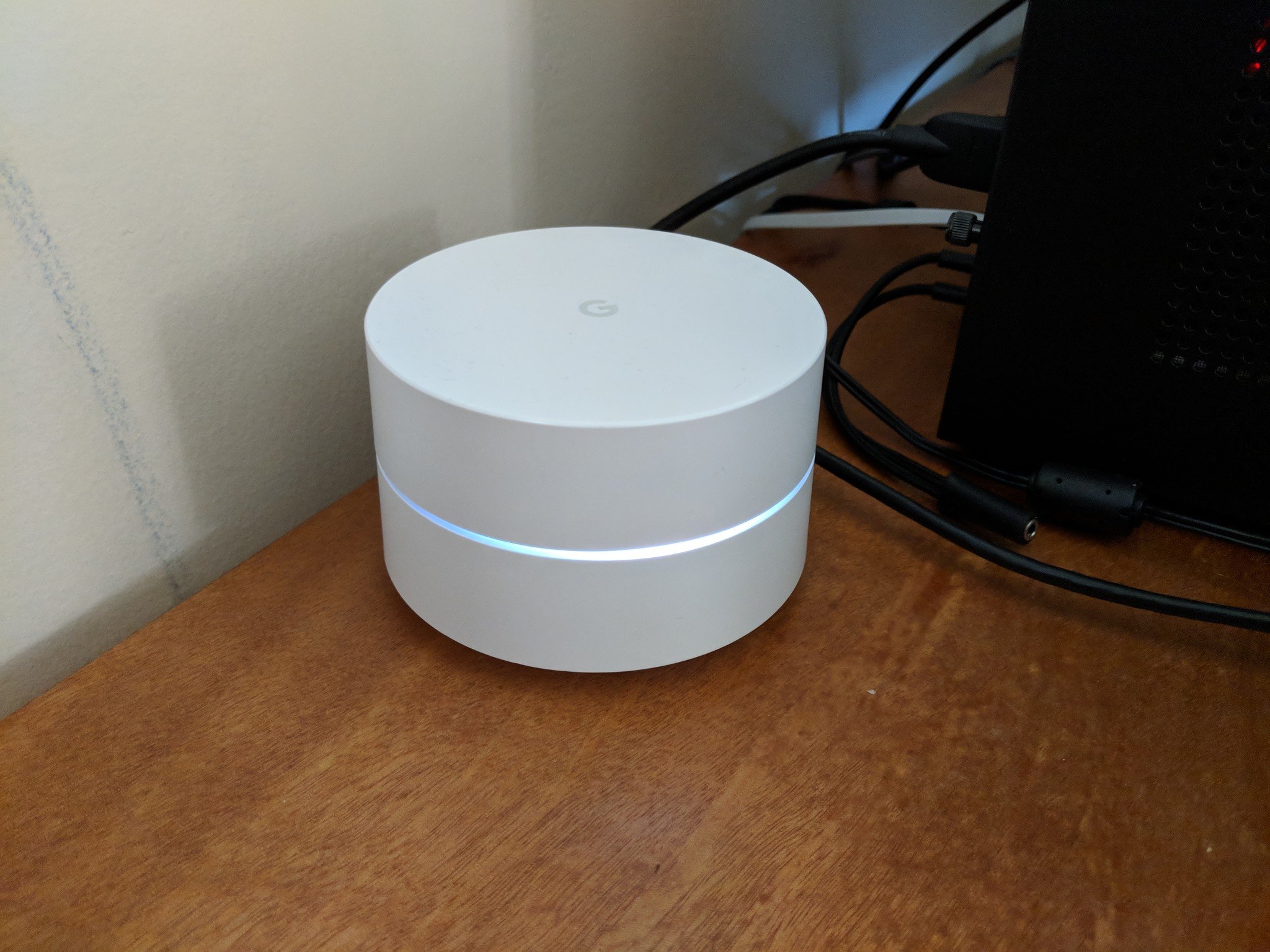
All the latest news, reviews, and guides for Windows and Xbox diehards.
You are now subscribed
Your newsletter sign-up was successful
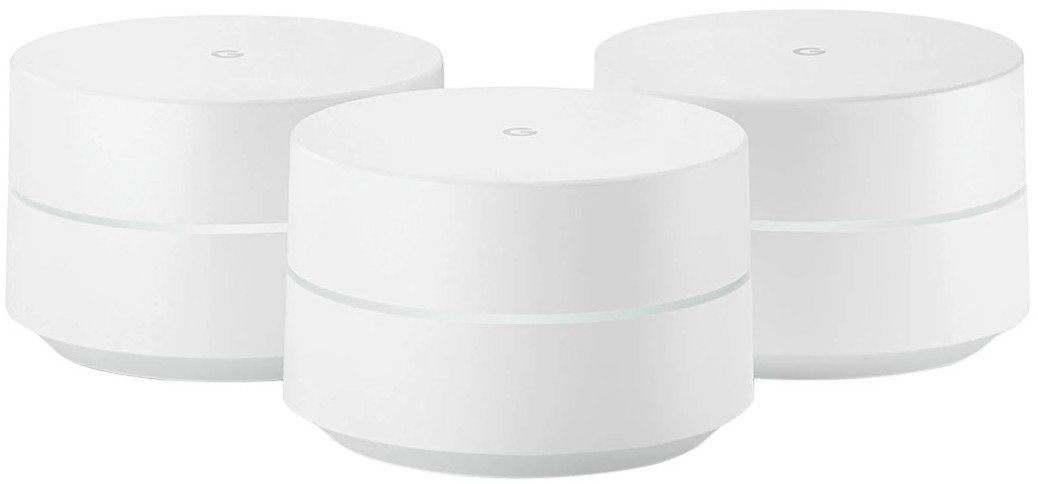
Simple and sensible
Google Wifi has a massive brand name behind it and lives up to it in almost every regard. This router embraces the future of networking with its easily expandable mesh network. Its understated design makes it welcome in every room of the house.
Pros
- Wired and wireless mesh
- Easier to conceal
- Ethernet on every point
- Simple setup with the app
Cons
- Not the fastest Wi-Fi standards
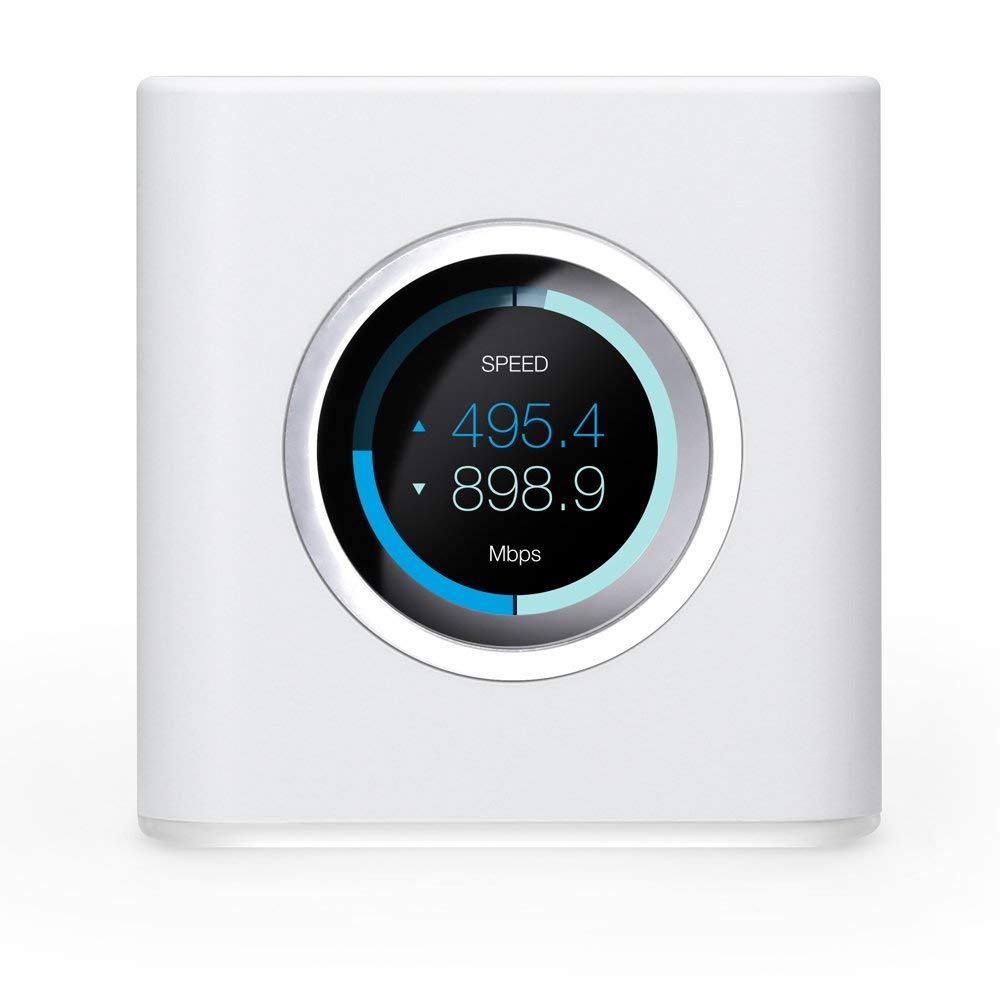
Pedal to the metal
The AmpliFi HD Mesh Router feels modern with a sleek display and glossy body that looks like something from the Portal video game series. However, it sports a more traditional set of connections, keeping one foot squarely in the present.
Pros
- Four Ethernet ports
- Faster supported Wi-Fi
- Easy to read display
- Simple setup with the app
Cons
- No Ethernet on mesh points
Both of these routers provide a strong mesh network with an easy setup process. While the AmpliFi HD Mesh Router does have a slightly faster top speed for its Wi-Fi, Google Wifi has the ability to connect mesh points with a traditional wired connection to keep wireless speeds high even as points get further from the main router.
The form factor of Google Wifi also gives you more freedom in placement so you can be sure it is in the optimal location. The offering from AmpliFi is still a very strong router but the versatility of Google's design provides a stronger overall package.
Wired vs. wireless
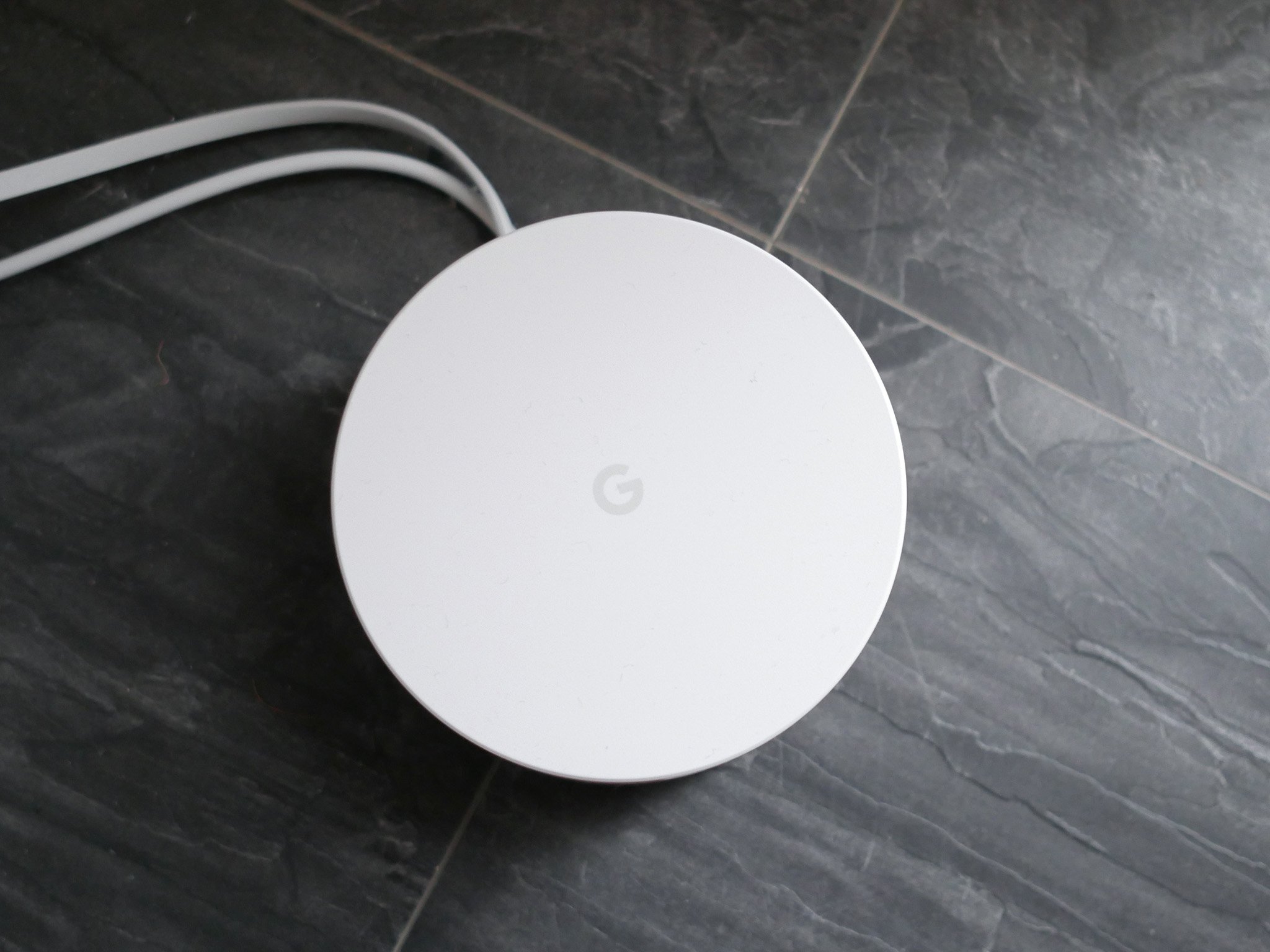
When you look at the bullet points, it's clear AmpliFi wanted to make sure that its router competed in the speed department. The HD Mesh Router has a wider array of connections out of the box but its MeshPoint extenders lack an Ethernet connection and will rely solely on that fast Wi-Fi to carry its signal.
| Header Cell - Column 0 | AmpliFi HD Mesh Router | Google Wifi |
|---|---|---|
| Speed | AC1750 | AC1200 |
| Standards | 802.11a/b/g/n/ac | 802.11a/b/g/n/ac |
| WAN ports | 1 | 1 |
| LAN ports | 4 | 2 (1 for WAN) |
| Power | 11w | 9w |
AmpliFi loses its wired superiority when it comes to its MeshPoint add-on, which only uses Wi-Fi as its internet source. They do make the most of wireless, however, with full antenna articulation and a signal meter.
When it comes to using wired devices with your router, things get even more complicated. AmpliFi included a 4-port wired switch and a USB port for storage in a more traditional layout that makes the HD Mesh Router seem like a slick version of a router we already know.
The Google mesh points, in contrast, all feature an Ethernet port so you have the option of running a wire to maintain speed. This could be useful if you're trying to extend your network into an area that may have a lousy signal from your other wireless points, such as a detached garage made of brick or metal siding. It's also a great option to have if you want to maintain a stable connection.
Only one Ethernet port is available on the primary Google Wifi point for expansion. If you need more, a wired network switch can be added to give you as many wired connections as you need. Using a switch you could run Ethernet to every point on your mesh to keep your Wi-Fi at top performance regardless of which point your device is connected to. The extra Ethernet port available on each mesh point can be used in a pinch but you lose the benefits of a wired connection with this option. High-quality standalone network switches are also widely and cheaply available.
All the latest news, reviews, and guides for Windows and Xbox diehards.
Overall, Google Wifi remains the preferred product here. While it may not be the most complete product out of the box, its versatility makes it adaptable to nearly any setup a person might need in their home.
How easy is it to set up?
Both routers have the option of setting the network up with an app on your tablet or phone. No need to type in an IP address to connect — just download and follow the instructions. Physically, both devices just need an Ethernet connection from the modem and the power outlet. Setting up each mesh point beyond that is a simple matter of following directions in the app. Both apps are feature rich but Google's design feels a little more complete and user-friendly despite showing less detailed information.
How does performance hold up?
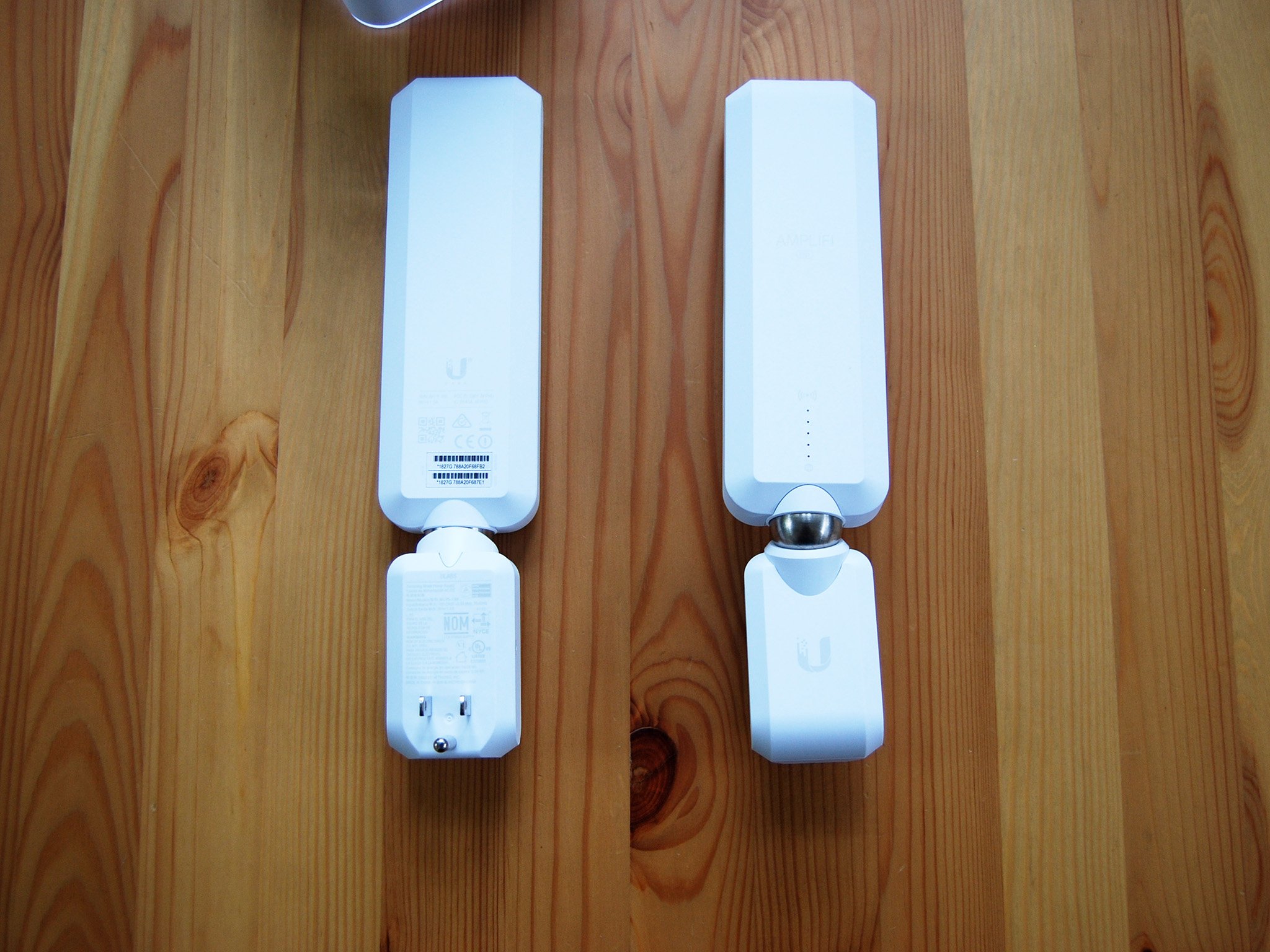
At this point it might seem like the AmpliFi is falling behind but there is one very important place their HD Mesh Router setup excels: The AmpliFi HD Mesh Router and its MeshPoint extenders all support super-fast AC1750 connection speeds. Google Wifi only supports AC1200.
One reason Google might have left so much meat on the bone here is that the vast majority of people will never come close to maxing out a 1200Mbps connection. If power and speed mean everything to you then AmpliFi is the name for you to remember.
However, at the end of the day, we feel that Google Wifi more than makes up for its slower speeds in other categories and have no hesitation in recommending this router.

When compromising on speed simply isn't an option
AmpliFi keeps its foot hard down in the speed department but loses a little more in the corners since it lacks wired options for its mesh. With its high powered antennas and simple signal meters, a little extra setup time can keep your speeds high enough.

Samuel is a Former Contributor for Windows Central.
